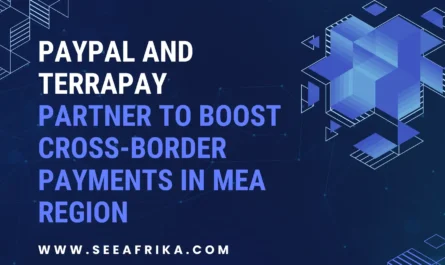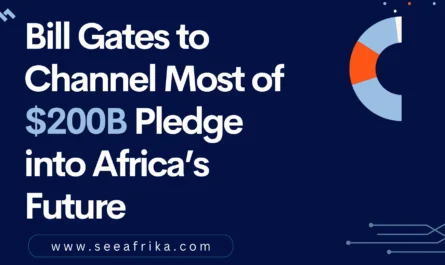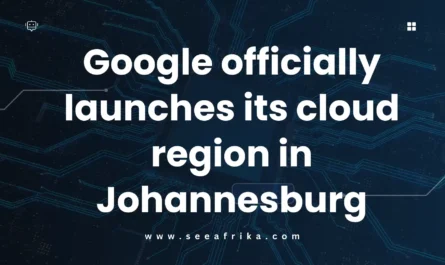Nigeria has emerged as Africa’s powerhouse in the Web3 space, contributing a remarkable 4% of all new Web3 developers worldwide in 2024.
This milestone positions Nigeria as the continent’s fastest-growing hub for blockchain innovation and decentralized technology, according to the inaugural Nigeria Web3 Landscape Report by venture capital firm Hashed Emergent.

Africa in Web3: Nigeria’s Developer Surge
In 2024, Nigeria’s Web3 developer ecosystem grew by 28% year-over-year, reaching a total of 1.1 million developers. This growth rate is the highest in Africa, underscoring Nigeria’s dominant role in shaping the continent’s Web3 future.
The country’s developer base is a critical engine powering grassroots innovation and the expansion of blockchain applications across various sectors.
Nigeria’s Thriving Web3 Startup Ecosystem
Over 80 Nigerian Web3 startups have collectively raised more than $130 million to date, with $20 million secured in 2024 alone. Most of this funding targets early-stage startups focused on blockchain infrastructure and decentralized finance (DeFi) solutions.
Infrastructure startups led funding rounds with $11 million, while finance startups saw their funding jump from $2 million in 2023 to $7 million in 2024, driven by the rising adoption of stablecoin-powered payment platforms.
Stablecoins are gaining significant traction in Nigeria, with the USDT/NGN pair becoming the most traded on centralized exchanges. Stablecoin transfers in Nigeria neared $3 billion in the first quarter of 2024 alone, reflecting growing mainstream interest in blockchain-based financial tools as alternatives to inflation-prone local currencies and limited banking access.
Related news:
Regulatory Landscape: Nigeria’s Progressive Framework
Nigeria’s regulatory environment for Web3 is evolving rapidly. President Bola Ahmed Tinubu signed the Investments and Securities Act 2024 into law on March 29, 2025, officially recognizing digital assets and cryptocurrencies as securities under the Nigerian Securities and Exchange Commission (SEC).
This legislation expands the SEC’s regulatory authority over crypto exchanges and virtual asset service providers (VASPs), introducing stricter penalties for Ponzi schemes and enhancing investor protections.
Additionally, the SEC issued the Accelerated Regulatory Incubation Program (ARIP) Framework in March 2024, providing clear guidelines for Virtual Asset Service Providers (VASPs) and Digital Investment Service Providers (DISPs) operating in Nigeria. This framework facilitates the onboarding and regulation of digital asset platforms, boosting confidence among investors and developers alike.
Africa in Web3: Broader Continental Advances
While Nigeria leads Africa in Web3 developer growth and startup funding, other African nations are making significant strides. Countries like South Africa, Kenya, and Ghana are also expanding their blockchain ecosystems, focusing on areas such as decentralized finance, digital identity, and supply chain transparency.
These nations are fostering innovation hubs and regulatory frameworks to support Web3 adoption, contributing to Africa’s collective leap into the decentralized economy.
Nigeria at the Forefront of Africa’s Web3 Revolution
Nigeria’s rapid momentum in Web3 adoption is positioning the country as a global leader in the decentralized internet era. The combination of a large and growing developer community, vibrant startup ecosystem, increasing consumer adoption, and progressive regulatory reforms creates a fertile environment for Web3 innovation. Nigeria’s leadership is not only shaping its own digital future but also propelling Africa to the forefront of the global Web3 economy.
As the continent embraces Web3, Nigeria’s example highlights the transformative potential of blockchain technology to drive financial inclusion, empower entrepreneurs, and build resilient digital economies across Africa. The journey of Africa in Web3 is accelerating, with Nigeria leading the charge.
If you enjoy our content, you’ll love the amazing stories we share on Facebook, Telegram, and Twitter!
Subscribe and follow us for more premium SeeAfrika content.




